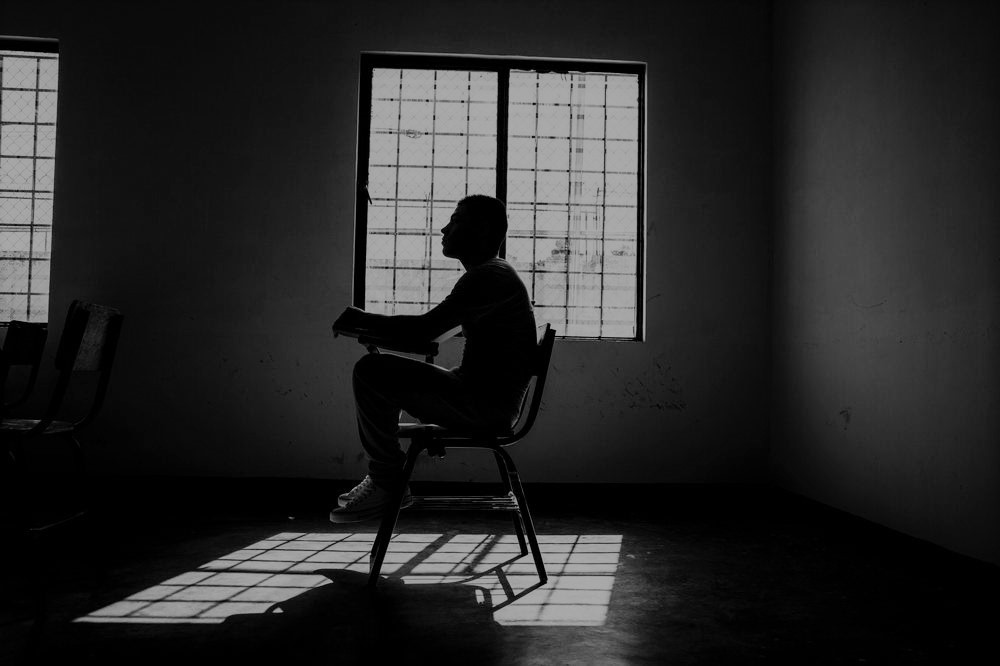Many times the young people who are in the system no longer trust the procedures that are carried out with them nor have trust in the people who are involved in them. One of the reasons is that they have gone through “a thousand professionals”, but they are still being asked their name instead of locating them and knowing who they are..
This was one of the observations of Víctor Herrero, career officer from the Ministry of Justice in Spain with extensive training in criminal / penitentiary / criminology law and who currently works for Terre des Hommes and UNICEF in Honduras, during our fifth webinar entitled: COVID 19: Challenges of changes of measures for adolescents in detention during and after a pandemic.
The expert commented that with regard to the measures related to the Coronavirus, he has seen incredible actions in Latin America and spoke of the fact that in Honduras they detected that they need a review of their actions in this regard, in order to control the situation..
He explained that there are also countries that “protect themselves” by using isolation as a reason why they are not doing anything about it, so it will be interesting to carry out a post-pandemic analysis, in order to highlight good practices and identify areas of opportunity.
“Deprivation of liberty is not the only answer. We have to modify our vision of what a sanctioning measure of freedom is. We have made a teenager from a remote community move to listen to a lecture by an authority without giving him the financial resources to do so, and this in the end is of no use to him. That is why we have to make more use of technology”, he added..
However, he expressed that it is not enough that they give them a cell phone to communicate with people outside, but also that the centers see this social confinement as an opportunity for professionals to approach them and to collaborate in their academic and psychological training..
During our fifth webinar with European experts we also had the presence of Alessandro Padovani, who currently deals with the management of services in the field of child protection, juvenile justice programs and intervention in the framework of restorative justice at the Don Calabria Institute in Italy.
This contingency of Covid19 has manifested the weakness in the judicial, social and center systems. The ease of adaptability of adolescents and the weakness of professionals is something that has been evidenced in this contingency. Accordingly, contingency plans during and post-quarantine must be built in a participatory manner with adolescents and professionals.
He mentioned that during the contingency we could find the opportunity to understand what needs to be done with the adolescent, not what needs to be done for him.
“The boys who have grown surrounded by the mafia in Italy live in a conflict between their educational and work experience and the context of life and the future they could achieve. What is to be done with a teenager that comes from a family that has decades in the mafia?”, he added as an example.
He stressed that youth needs three things:
- A home;
- Healthy relationships
- An occupation or a job.
“We need to launch the review of what is currently done and take into account that the adolescent is a developing person. We must observe where the follow-up is done, because it is not just a matter of complying with the authorities for a time, but that this experience really serves for a change in your life and that you have follow-up ”, he insisted.
For her part, our National Project Director, Sarahí García, He added that one of the important nuances in the reintegration process are the modifications that can be obtained in the system to guarantee that it has the least negative impact on adolescents, for example in exceptional use of detention..
This activity is the fifth in a series that we will be carrying out with experts in the area. For more information you can follow us on our social networks, or write to us atinfo@jjadvocates.org.

